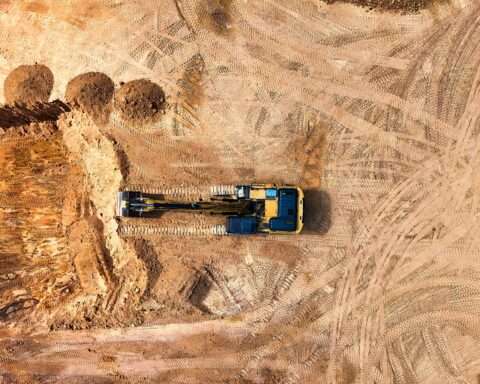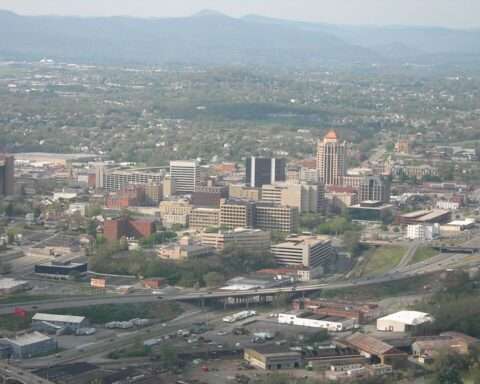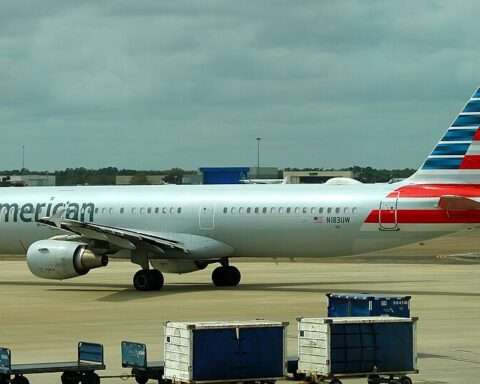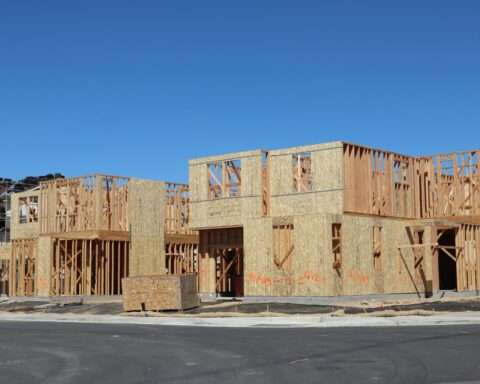The Bureau of Reclamation (BOR) will invest $142 million to enhance drought resilience and improve water supplies across five states. The funds will help reclaim and reuse wastewater, build water recycling facilities and support water desalination projects.
Approximately $85 million will support six water recycling projects in California, Hawaii, Kansas, Nevada and Texas. These projects will help reclaim and reuse wastewater and build water recycling facilities. The remaining $57.5 million will fund four desalination projects in southern California. The projects will treat seawater or brackish water to increase the reliability of water supplies and enhance management flexibility.
Some of the notable projects include:
The Truckee Meadows Water Authority (TMWA) will receive $30 million to enhance the Advanced Purified Water Facility’s (APWF) infrastructure and treatment process. The APWF is a $221 million investment to produce high-quality reclaimed water and inject it into a local aquifer. The facility is part of OneWater Nevada – an initiative to protect local water supplies by improving resiliency, sustainability and resource management.
The funds will help the APWF address climate change impacts and provide an effluent disposal option to decrease environmental discharges in a nearby lake. The project includes upgrading the water treatment facilities and improving a pump station, wells and conveyance pipeline. The facility will produce approximately 2,000 acre-feet of safe water each year.
The Water Replenishment District of Southern California (WRD) will use $25 million to expand the Torrance Groundwater Desalter facility. The facility will treat groundwater to increase the city of Torrance’s drinking water supply reliability, improve and protect groundwater quality and accommodate growing demands.
In addition, the project will help build groundwater supply wells that were previously affected by poor water quality. Plans include building extraction wells, pipelines, a pretreatment system and expanded reverse osmosis system and other site improvements. The completed project will supply 7,100 acre-free of potable water per year.
The Honolulu Board of Water Supply (HBWS) will receive $19 million to build a seawater reverse osmosis desalination facility. The Kalaeloa Seawater Desalination Facility (KSDF) will reduce the island’s reliance on groundwater by providing an additional reliable source of clean water. The project will offer a sustainable potable water supply option during drought, increasing climate change resilience and reducing the need to transfer water.
The project will include building seawater supply wells, injection wells and a reverse osmosis system and building. HBWS will also install storage tanks, pump stations and transmission lines. Once completed, the KSDF will produce 1.7 million gallons of potable water per day and may eventually expand to five million gallons per day. The project will have a capacity of 1,904 acre-feet of desalinated water per year.
The funds are a part of the BOR’s WaterSMART program, an initiative that supports projects that conserve water, increase efficiency, deploy renewable energy, implement water marketing strategies and mitigate conflict risks. The latest round builds on $179 million awarded to large-scale water recycling projects last month. BOR will distribute $8.3 billion over five years to water infrastructure projects.












